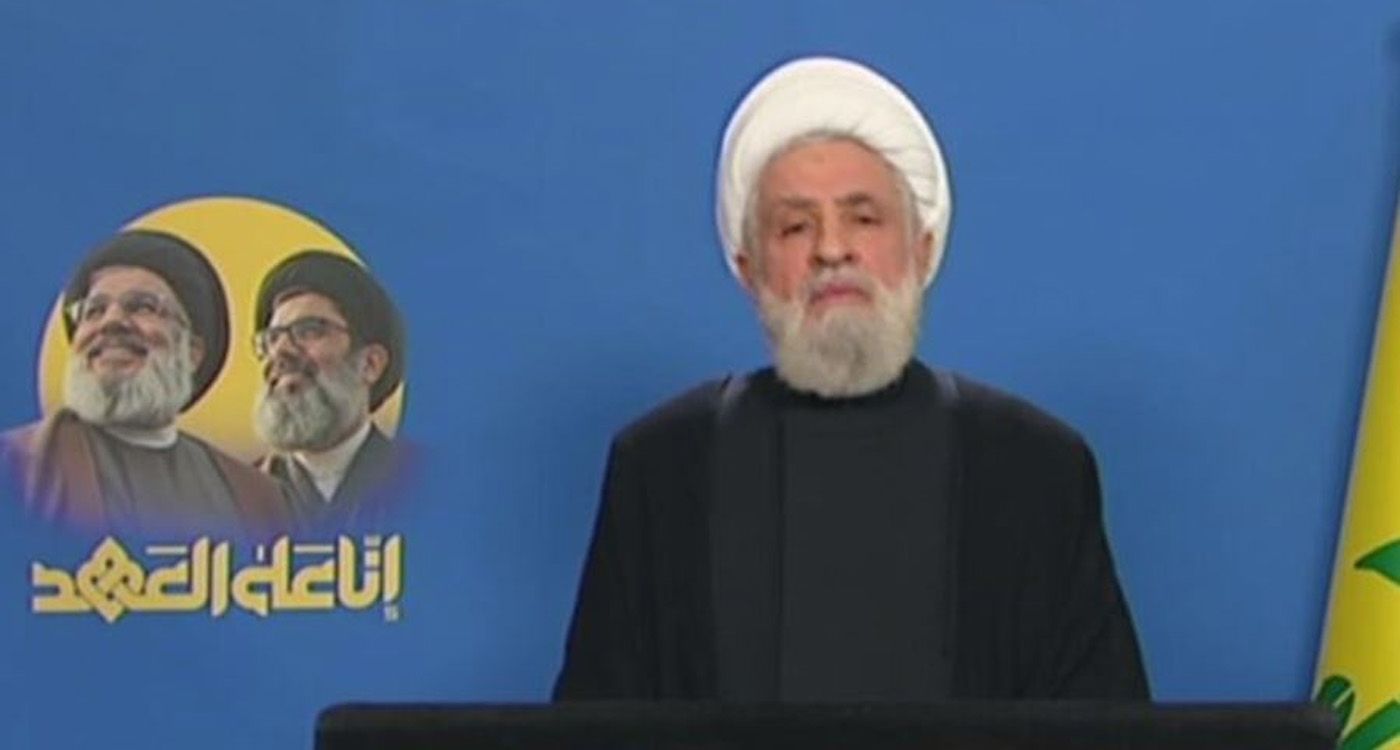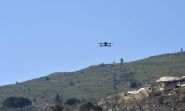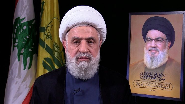
Hezbollah’s leadership and popular base seem increasingly lost, and their confusion is likely to deepen until they acknowledge the new military reality that has completely overturned their position. They refuse to accept the changes that have taken place, despite having agreed to a ceasefire and accepted the terms imposed by Israel. Blaming the state is a serious mistake—the responsibility falls squarely on House Speaker Nabih Berri, who accepted Israel’s conditions in his capacity as Hezbollah’s representative.
Hezbollah Secretary-General Naim Qassem’s transmitted speech at the funeral of former Secretary-Generals Hassan Nasrallah and Hashem Safieddine on Sunday at Camille Chamoun Sports City stood out for its contradictions, leaving the party’s supporters confused. His address seemed out of touch with the critical task at hand—rallying a base whose support has steadily eroded amid the party’s repeated missteps and blunders.
Qassem tried to compensate by adopting a forceful tone in an attempt to emulate Hassan Nasrallah. But his lack of charisma was evident, even the orchestrated chants of support fell flat, failing to gain traction among the crowd. Iranian flags and Hezbollah banners dominated the scene, with only a handful of Lebanese flags visible. Meanwhile, senior Lebanese officials were largely absent, except for a few attendees accompanied by allies who showed up more out of obligation than conviction. Former allies were notably absent, leaving Hezbollah looking increasingly isolated in what was once its uncontested arena.
Hezbollah’s Message: Our Finger Remains on the Trigger
Naim Qassem’s speech was aimed at Israel and certain key foreign players, but it was also crafted to resonate domestically, where his theatrics sought to rally Hezbollah’s base with slogans of defiance, resilience and a victory that remains purely rhetorical. His message, distilled to its core, was first and foremost for domestic consumption: “We are still here, and anyone who bet on our demise has seen their hopes shattered.”
He reaffirmed Hezbollah’s commitment to the so-called “axis of resistance,” insisting that the group had secured victory, remained strong in both manpower and weaponry and retained the steadfast support of its followers. He also signaled a shift into a new phase, one with different tools and tactics, while making it clear that Hezbollah’s finger remains on the trigger, ready to fire whenever its leadership deems the moment right.
This stance clashed with another, seemingly contradictory, message from Qassem—one that left many perplexed. He claimed that Hezbollah would take part in rebuilding the state and remain committed to the Taif Agreement, an attempt to reconcile opposing narratives. On one hand, he asserted the group's right to act on its own terms, including using force whenever it deemed necessary. On the other, he spoke of upholding the state and calling on it to fulfill its responsibilities. It was a calculated maneuver, a bid to straddle both positions and counter those who argue that Hezbollah’s era is coming to an end.
Unsuccessful Attempt to Outsmart the State
Through this contradiction, Qassem aimed to counter those mocking Hezbollah’s illusory victories, claiming that the group had agreed to Israel's ceasefire request for strategic reasons. He stressed that Hezbollah had adhered to the agreement, while Israel had not, placing the responsibility on the Lebanese state, though the pro-Iranian group did not consult the state when it decided to initiate the war, under the banner of “unity of fronts”—a concept that ultimately collapsed, undermining the very foundations of unity. Yet, Qassem conveniently overlooks all of this as he advocates for participation in building a fair state and calls for equality among all Lebanese, depending on the situation. He even suggested that the Lebanese government use diplomacy to push for Israel’s withdrawal from the five strategic hills where it is positioned in the south. This reveals a clear inconsistency in his stance: at times, he presents himself as part of the state, while at other times, he clings to his weapons within the framework of resistance, threatening Israel whenever he deems it necessary, despite Hezbollah’s diminished capacity to resist and its waning military strength.
Currently, the greatest concern is the pro-Iranian faction's declaration of involvement in state-building, which appears to be a strategic maneuver. For Hezbollah, state-building is closely linked to a specific religious vision aimed at mobilizing the Shiite community. Additionally, a national defense strategy for Lebanon does not align with the party’s interests. When Qassem addresses this issue, it is yet another maneuver—intended to buy time and regain strength through alternative means, after Hezbollah’s military and financial supply lines were severed.



Comments